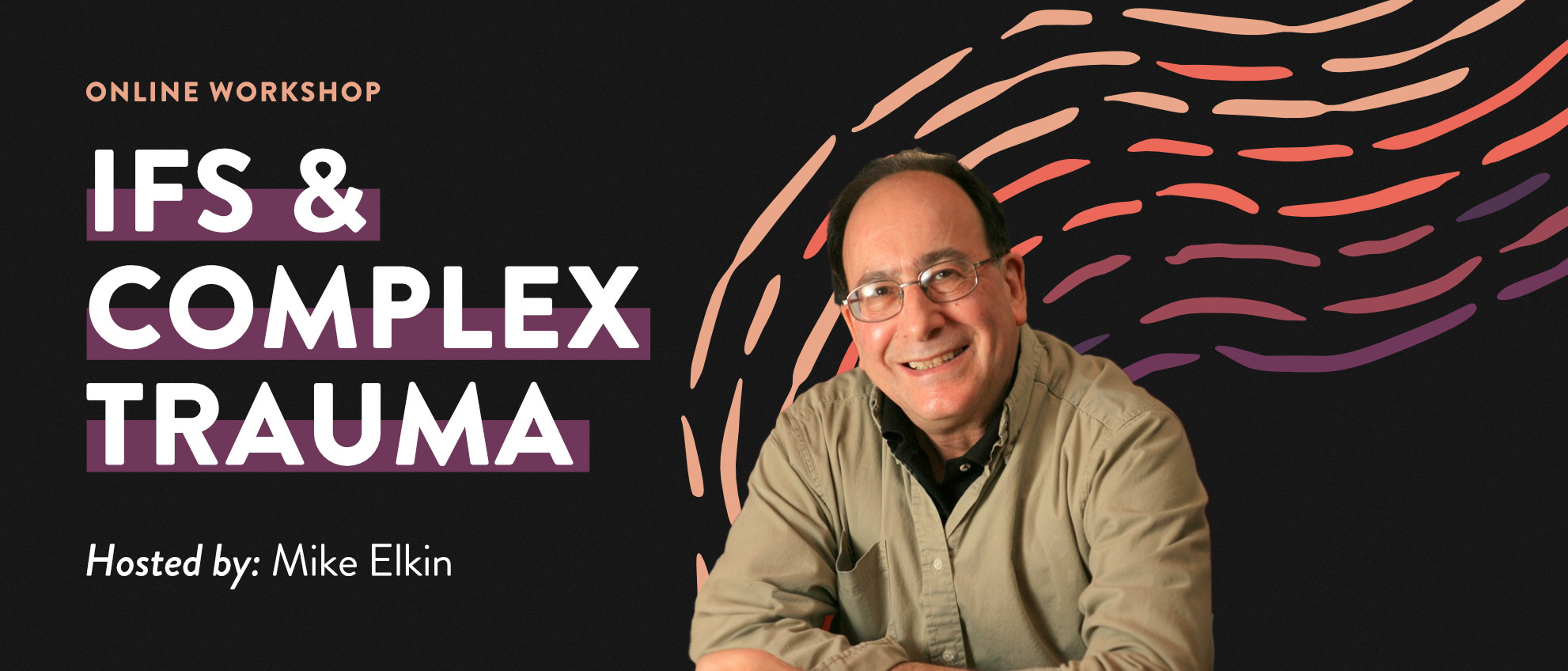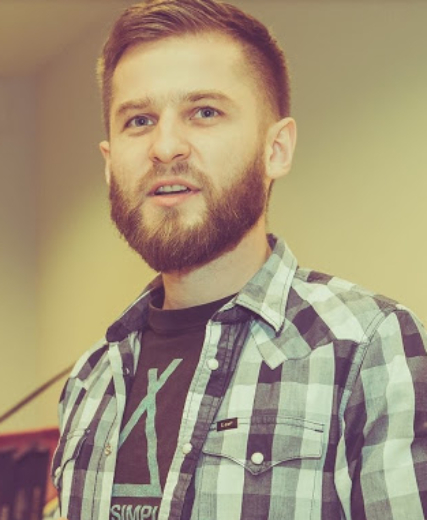Transforming Complex Trauma: A Journey from Clutter to Clarity with Auri and IFS Therapy
Auri Kananen is an enthusiastic girl from Finland with a passion for… cleaning. A few years ago, she posted a video on how cleaning can be fun. It went viral on social media. Shortly after, someone asked her to help a single mother (who was struggling with severe depression) clean her messy apartment. She said: “I’m all in; let me do it for free.” That symbolic gesture has been appreciated by people and resulted in even more following.
Her passion for cleaning suddenly started morphing into helping by cleaning for free. And the flood of requests started coming into her inbox. It turned out that way more people than we would imagine, struggle in quiet desperation of lonely battles. Stuck in debilitating depression, slow-burning addictions, paralyzing hopelessness. People who haven’t been able to clean their apartments in not days or weeks but years or decades.
Auri went on a mission to connect her cleaning passion with a compassionate and courageous step of giving these people a new, fresh start. With no judgment, no expectation, just witnessing their story and offering hope. Reminding them about their inborn dignity and respecting their human experience of being hurt, getting lost, and staying stuck in a desperate defensive loop of their inner conflicts.
Thanks to the sponsors, she now cleans the houses of traumatized people for free as a full-time job and shares these incredible transformations on camera.

Navigating in Chaos: Understanding Complex Trauma
The people she helps have all the typical symptoms of complex trauma. Having your house full of trash, dirt, dust, and grease doesn’t happen overnight. It starts somewhere, and it accumulates. Quite like complex trauma. Repetitive, prolonged, chronic exposure to stressors, ruptures, and breaking trust slowly isolate the person’s natural state and form a loop of defenses. That loop is usually heavily judged, making it nearly impossible to transform.
Because what we call complex trauma often occurs during critical periods of development - childhood and adolescence - when the brain and personality are still forming, it profoundly impacts the individual's emotional, cognitive, and social development. It is frequently interpersonal in nature, involving relationships with caregivers or significant others.
Complex trauma often disrupts the individual's ability to form secure and healthy attachments. It impacts the ability to trust and form connections with others. Individuals who experience complex trauma usually struggle with issues related to self-esteem, self-worth, and a coherent sense of identity.
From Chaos to Clarity: The Role of IFS Therapy in Complex Trauma Healing
IFS Therapy's approach to healing complex trauma offers a comprehensible map of this sometimes daunting territory. It shows how to contract with these well-meaning but burdened protectors and teaches flexible and effective responses to the dissociation, shutdown, self-harm, helplessness, and hopelessness they experience in desperately struggling to maintain an insupportable inner ecology.
In IFS therapy, the degree to which the therapist can embody their Self, rather than leading from their own protective parts, is the degree to which the IFS techniques will be effective. This is particularly challenging for many complex trauma clients because they have protectors who trust no one and will test or provoke therapists who get too close, too fast.
At the same time, clients' exiles desperately want closeness and may idolize, put on a pedestal, or become highly dependent on the therapist. In addition, the dangerous activities of their firefighters are likely to engage therapists' fearful, controlling parts.

Maintaining personal Self-leadership with complex trauma clients is easier when the therapist does not view their jarring shifts from one extreme state to another as evidence of severe pathology or therapeutic failure. If the therapist instead understands that such shifts are manifestations of the client's highly burdened and protective parts and also trusts that the client's Self is present just beneath the surface, it is easier not to overreact. Trauma clients are extremely sensitive to self-protective parts in their therapists and will react in kind, so the potential for therapist-client escalations of conflict is high and always damaging to clients.
For clients with complex traumatic disorders, polarized parts are often reluctant to separate and trust the client's Self. They fear the part the client is trying to get to know and often believe that their presence is all that keeps the client from disaster. Often, the therapist needs to talk directly to these parts about their fears before they will step back and allow access to the client's Self.
Often, protectors' biggest fear is that the person will be overwhelmed by the exile's emotions. If exiles agree in advance to not overwhelm as the client gets close, then they will abide by that agreement, and we can get close enough to hold and comfort exiles without being totally flooded by them and their emotions. When this process is described to protectors, they often seem to know it is possible and will give permission to approach the exile(s). This discovery has allowed IFS therapists to work safely with highly delicate inner systems.
With the persistent and patient intention to free the burdened parts from their extreme roles and create companionship with them in the healing project, IFS therapy gives a compass to traumatized clients’ systems, helping them access their own resources and gradually discover the joy of secure attachment.
Just like Auri, cleaning for free, gives people a new start by ‘unloading’ the clutter, dirt, and trash, IFS Therapy offers a new start in the project of unloading the burdens of the frozen past, rediscovering the undamaged Self and making true healing possible.
If you're interested in further exploring the topic of Complex Trauma and IFS Therapy, join the recording of our online workshop series with Mike Elkin.


